With his dazzling wit, charm and handsome moustache, Groucho has an engagements calendar that would make the most sparkly socialite jealous. He therefore asks: Should you ever turn down an invited presentation? Dear Groucho, If being dead since 1977 isn’t enough to get you out of an awkward invited spot, I recommend you follow your own advice: I refuse to join any club that would have me as ...[Read More]
If you didn't find what you was looking for try searching again.
Seismology
Earthquake of the month: Bransfield Basin – Antarctica M 5.4
As well as August, September was not highlighted by a large event (> M 7). The TOP 3 strongest earthquakes which occurred during this month correspond to a strike-slip earthquake in the Mid-Atlantic Ridge (M 6.9), an interplate EQ in central-north Chile (M 6.8), and another EQ in a different segment of the Mid-Atlantic Ridge (M 6.7). Furthermore, the largest event in Europe occurred on Septembe ...[Read More]
Nonlinear Processes in Geosciences
Can we connect the exceptional floods in France and Italy associated with the storm Alex to climate change?
The first days of October were marked by an extreme weather event: storm Alex, a cyclone of Atlantic origin, caused massive showers and thunderstorms over Provence, the Alps, Piedmont and Liguria. In these regions, numerous historical records of precipitation were broken causing the flooding of several streams and rivers in which many people lost their lives. Economic damage was also significant a ...[Read More]
Geodynamics
Interactive and Collaborative Virtual Reality Visualization for Geodynamics
Nowadays geodynamics can involve a lot of 3D data which has to be analyzed. This week Oliver Kreylos, a researcher with the UC Davis W.M. Keck Center for Active Visualization in the Earth Sciences (KeckCAVES) and the UC Davis DataLab, shows us an alternative to looking at 3D data or models on a 2D screen: looking at them in full 3D through virtual reality! One problem in studying Earth’s dee ...[Read More]
Hydrological Sciences
Virtual Meetings: Hypnotic sedative or effective stimulant?
Some people claim that teaching online courses or virtual workshops is not very different from face-to-face meetings. In my experience, however, it is much harder to sneak away secretly from a half-occupied seminar room than to withdraw from a virtual meeting where you simply mute the speaker to work on your emails located only one mouse click away. And that’s not all! In contrast to physically pr ...[Read More]
Natural Hazards
Natural Hazards 101: The concept of risk
In the first episode of the series of posts called Natural Hazards 101, we focused on the definition of hazard and natural hazard, considering the recent literature. In this episode, we wish to draw your attention to the concept of risk. Although a commonly used word, the term risk might mean different things to different people. What does risk represent, and what it means in the context of ...[Read More]
Seismology
The Journey of an Antarctic Seismologist
Thwaites Glacier is a massive region of the West Antarctic Ice Sheet on par with the size of Pennsylvania or the island of Britain and is over a mile thick in many places. It is currently retreating rapidly and is a likely candidate to contribute the most to rapid sea-level rise over the next few decades to a century. That’s the most important point there is to make. I’m part of a large internatio ...[Read More]
GeoLog
The Sendai Framework – a five year review
The Sendai Framework for Disaster Risk Reduction 2015-2030 is a set of agreed commitments for member states of the United Nations to act on the prevention of ‘new’ disasters and reduce existing disaster risk through the implementation of integrated and inclusive economic, structural, legal, social, health, cultural, educational, environmental, technological, political and institutional measures. T ...[Read More]
Cryospheric Sciences
Lost in transl[ice]tion…
Three years have passed since sea-ice scientists from both climate modeling and remote sensing backgrounds met for an international workshop in Hamburg. The goal was to discuss how to further improve our understanding of sea ice and reduce uncertainties in climate models and observations (see this previous post). One suggestion was to work on observation operators. Let’s see what has happened in t ...[Read More]
Geodynamics
The Sassy Scientist – sassy.disp(title = ‘geo-programming’);
With time to spare during self-isolation and local lockdown, Mark wonders: What programming language should I learn for my geoscience career? Dear Mark, The pandemic has made us look long and hard at our career choices. Were you inspired as a student by a cool field geologist in a documentary? Were you profoundly marked by that school trip at an active volcano? Did you fell in love with coral reef ...[Read More]


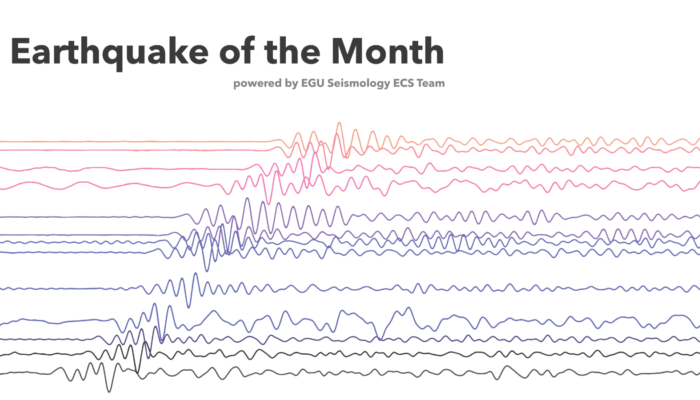
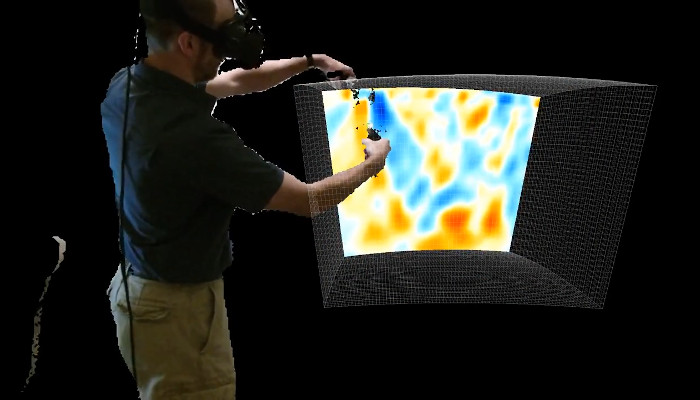
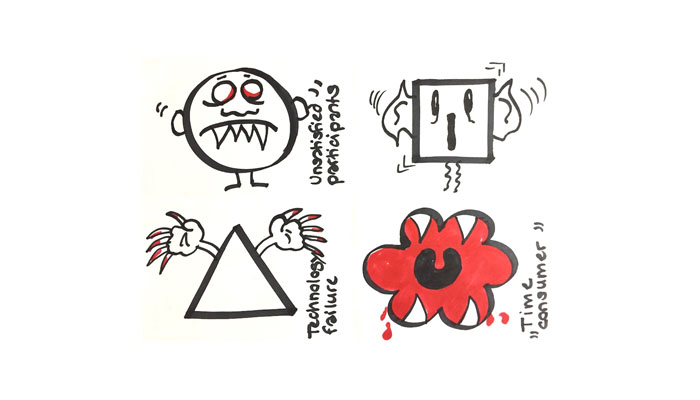
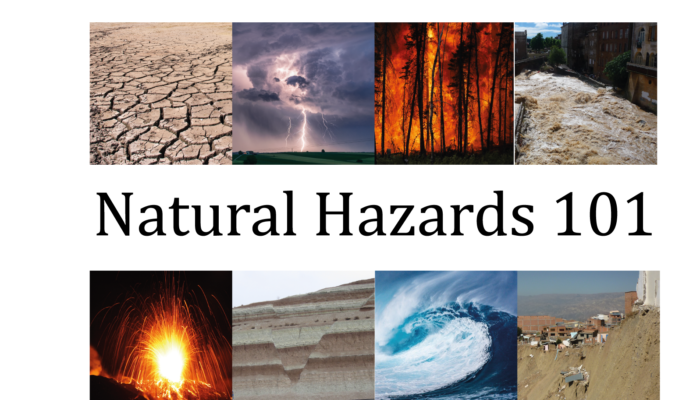
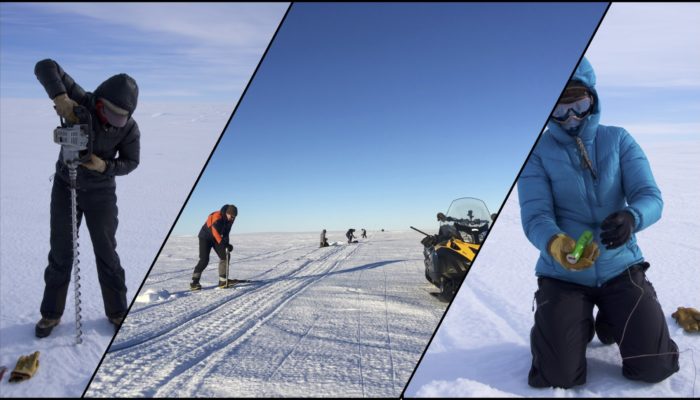
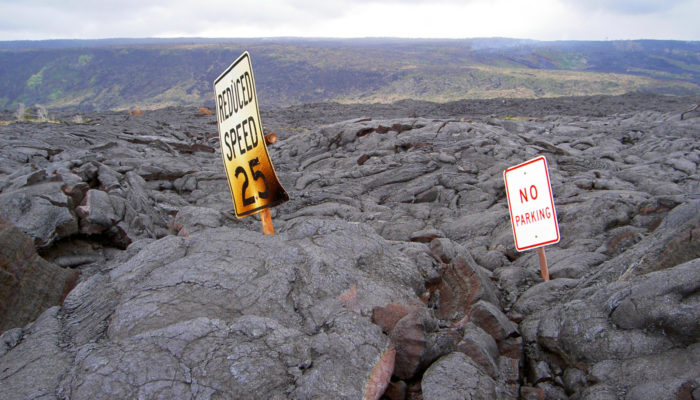
![Lost in transl[ice]tion…](https://blogs.egu.eu/divisions/cr/wp-content/blogs.dir/17/files/2020/10/MainFigure-700x400.png)